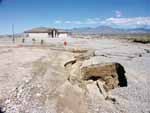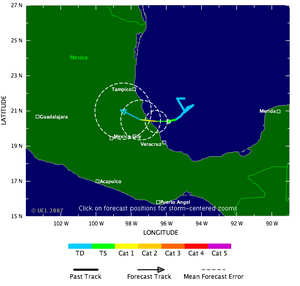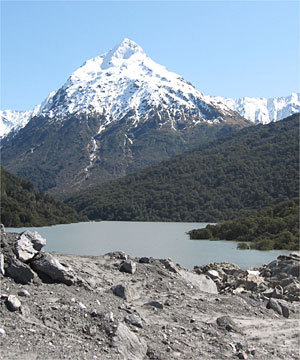It's a modern-day climate scuffle
William Herschel would recognize. He should. He helped trigger it.
In 1801, the eminent British astronomer reported that when sunspots dotted the sun's surface, grain prices fell. When sunspots waned, prices rose.
He suggested that shifts in grain prices were a stand-in for shifts in climate. Large numbers of sunspots led to a warmer sun, he reasoned. With more warmth reaching Earth, crop yields would increase, depressing grain prices.
With that, a 200-year hunt began for links between shifts in the sun's output and changes in climate.


